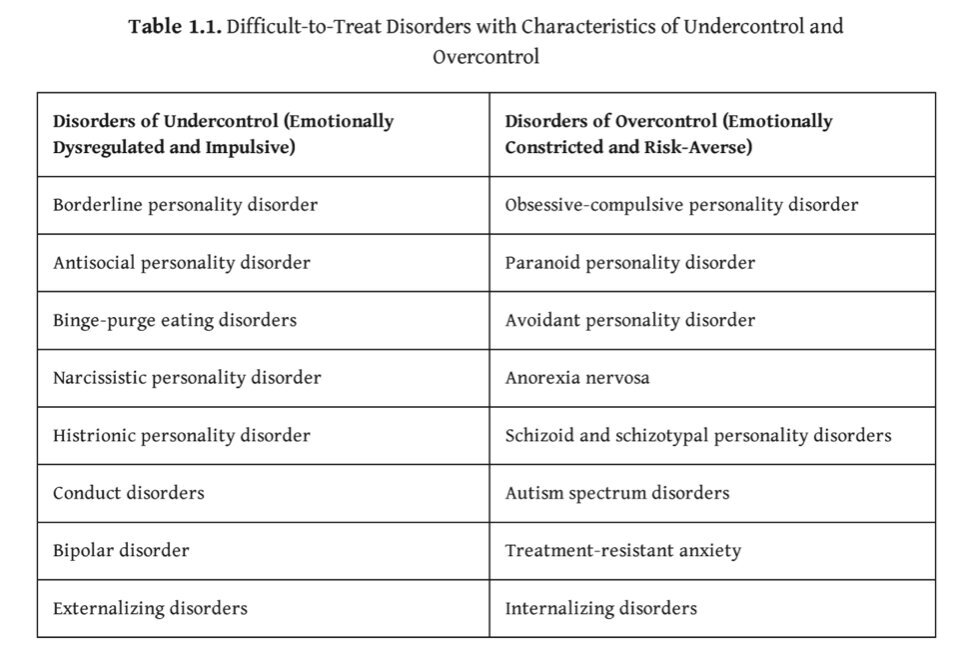
Radically Open Dialectical Behavior Therapy
Based on over twenty years of research, radically open dialectical behavior therapy (RO DBT) is a breakthrough, transdiagnostic approach for helping people s...
Based on over twenty years of research, radically open dialectical behavior therapy (RO DBT) is a breakthrough, transdiagnostic approach for helping people suffering from extremely difficult-to-treat emotional overcontrol (OC) disorders, such as anorexia nervosa, obsessive-compulsive disorder (OCD), and treatment-resistant depression. Written by the founder of RO DBT, Thomas Lynch, this comprehensive volume outlines the core theories of RO DBT, and provides a framework for implementing RO DBT in individual therapy.
While traditional dialectical behavioral therapy (DBT) has shown tremendous success in treating people with emotion dysregulation, there have been few resources available for treating those with overcontrol disorders. OC has been linked to social isolation, aloof and distant relationships, cognitive rigidity, risk aversion, a strong need for structure, inhibited emotional expression, and hyper-perfectionism...
RO DBT is based on the premise that psychological well-being involves the confluence of three factors: receptivity, flexibility, and social-connectedness. RO DBT addresses each of these important factors, and is the first treatment in the world to prioritize social-signaling as the primary mechanism of change based on a transdiagnostic, neuroregulatory model linking the communicative function of human emotions to the establishment of social connectedness and well-being.
As such, RO DBT is an invaluable resource for treating an array of disorders that center around overcontrol and a lack of social connectedness—such as anorexia nervosa, chronic depression, postpartum depression, treatment-resistant anxiety disorders, autism spectrum disorders, as well as personality disorders such as avoidant, dependent, obsessive-compulsive, and paranoid personality disorder...
Google Books Preview
[There are 208 pages 😯of handouts (attached) and a couple are posted below.]

